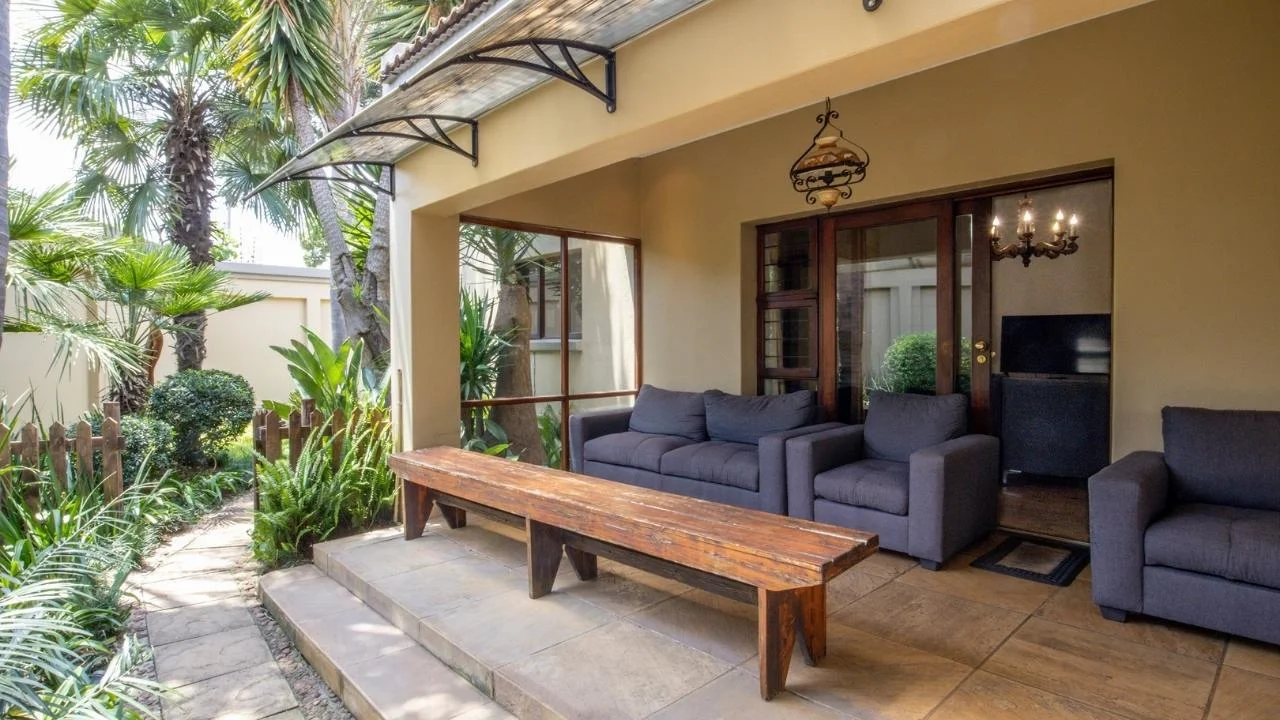Could halfway housing in Johannesburg help you gradually reintegrate into society while rebuilding independence and family connections? Sober Living Homes Johannes Halfway House (Fairland) and Auckland Halfway House (Melville) support staged reintegration. Clients face real-world challenges with professional guidance, continue group therapy three times weekly, meet individually with counsellors, and are supported by experienced managers 24/7.
Supportive halfway housing for gradual reintegration in Johannesburg

Tertiary Care Rehab
Sober Living Homes & Halfway Houses In Joburg
Changes Rehab offers quality halfway housing in Joburg. We have two homes, Johannes Halfway House is situated in Fairlands, Northcliff while our Auckland Halfway House is situated in Melville.
Our halfway house clients are able to reintegrate back into society in a measured and staged manner. They are able to face real-world challenges while benefitting from support by Changes staff who help them overcome life’s obstacles clean and sober. The environment is safe and comfortable with a strict routine and with a number of other safety measures in place.
Clients are encouraged to look for work but, if not working, they participate in a daily therapeutic programme. Clients are also introduced to outside resources and communities that will support their recovery in the long-term. While residing in the Halfway House, clients still benefit from mediated group therapy three times a week as well as weekly individual sessions with experienced addiction counsellors. Our Halfway House managers are experienced in providing support for recovering addicts as needed 24-hours a day.
Start a new life in recovery!
Assessment
A private clinical assessment clarifies risks, co-occurring concerns, and immediate next steps. We gather history, current symptoms, medications, and family input to match the right level of care. If admission is appropriate, we help you plan timelines and documentation so things move quickly. Learn how assessments work and what to expect on the day.
Withdrawal is managed under medical oversight to reduce risks and improve comfort. Nursing support is available 24/7, with medication protocols tailored to clinical need. Detox prepares patients for therapeutic work—sleep, nutrition, and stabilisation come first. See what to bring, typical timelines, and how we coordinate pre-authorisation.
The first 21–42 days focus on routine, safety, and daily therapy. Patients engage in individual and group sessions, psycho-education, and family contact where appropriate, supported by a multidisciplinary team. Primary care builds early momentum for change and prepares the plan for the next stage.
Secondary care deepens the work on patterns, triggers, and trauma in a calmer setting. With structured days, therapeutic groups, and coached routines, patients practise skills that hold at home. Families are updated and involved appropriately. Explore typical lengths of stay and why secondary care improves long-term outcomes.
For step-down care or when residential treatment isn’t possible, outpatient combines evening groups, one-to-one therapy, and accountability. The focus is integrating recovery into daily life—work, study, and family responsibilities—while maintaining structure and support.
Sober living provides a structured, supportive home environment with curfews, chores, coached routines, and ongoing therapy. It bridges the gap between inpatient treatment and independent living, reinforcing accountability and community while returning to work or study.
Patients learn how to spot risk early and respond fast—managing triggers, cravings, and high-risk situations. We build practical routines, communication plans, and support networks, with clear steps families can take too. See typical tools and how they’re practised before discharge.
Continuing care sustains progress after discharge: scheduled check-ins, group support, individual sessions where needed, and a plan for setbacks. We coordinate with families and community resources to keep recovery anchored in daily life.

Stabilising one person often stabilises the whole family.
Family sessions and education are built into the programme so relatives are not left in the dark. You get practical guidance on boundaries, relapse risk and what real support looks like.




















